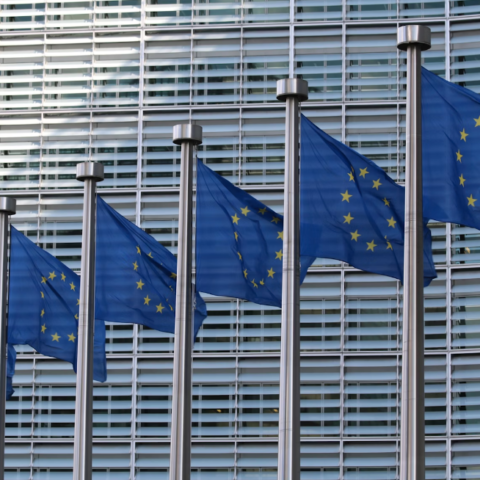by Mayerlyn Rivera

“Bukele! Bukele! Bukele!”, these are the chants San Salvador, El Salvador heard on the night of the presidential election, February 9th, in support of incumbent candidate President Nayib Bukele from the Nuevas Ideas party. Despite it being unconstitutional, The Supreme Court’s Constitutional Chamber displayed public support for Bukele’s reelection by telling the Supreme Electoral Tribunal to allow a second term for President Bukele. (Aleman, 2021). A majority of the seats in the chamber are held by legislators of Nuevas Ideas, leaving little power to those in alternative power, such as the Nationalist Republican Alliance (ARENA) and the Farabundo Martí National Liberation Front (FMLN). ARENA is a center/right-wing political party and the FMLN is an insurgent left-wing political party that emerged at the end of the civil war in 1992. This is due to Bukele’s early efforts in his political uprising to remove members of opposing parties so that Nuevas Ideas would be the primary party in the state.
Dating back to 2019, ARENA and FMLN faced a harsh defeat from Nuevas Ideas, taking the majority of municipal seats because of the lack of patience from the people of El Salvador with these previous two main parties. A ruling explanation of why these parties have fallen from popularity is from the years of corruption and scandals with their lack of controlling crime. Enter Nuevas Ideas, with an iron fist against crime and poverty amongst the struggling citizens- the masses of Bukele supporters were not going to let their president free from their grasp. This introduces the question of how democratic this well-renowned “coolest dictator” is in the mechanisms he executes to give the people of El Salvador the alleged safe and prospering standard of life since President Bukele entered office.
Trading in Gangs for Guns
After he declared a state of emergency in 2021, Bukele ignored calls to action against human rights violations concerning mass incarcerations, the conditions of inmates, and the lack of due process in the judiciary system. When President Bukele first enacted the state of emergency, it allowed for them to imprison over 70,000 citizens, many of whom were swept into “forced disappearances” by the authorities. Many of the 70,000 inmates were imprisoned without clarity on charges with no access to an attorney. Critics have accused Bukele of using the state of emergency as an opportunity to imprison human rights defenders and journalists who criticized his policies (Feierstein). While there have been criticisms within the borders of the state by human rights NGOs like Amnesty International, the citizens struck by the turn of living standards like safety and education investments see it as a means to an end (Quesada, 2024). While Bukele swept the streets clean of gang members who would demand extortion fees from businesses and terrorize women and men in neighborhoods, these communities also lost cherished community members that were replaced by uniformed men with guns posted on every street corner (Ellis, 2024). Although there have been many changes implemented in El Salvador that have changed the status quo for what future presidential candidates could offer the Salvadoran public, there comes harm in entrusting full hope to one single political party and presidential candidate like we’re seeing in Nuevas Ideas and President Nayib Bukele. The extremist strategies Bukele has adopted are appealing to neighboring Latin American countries. Although the Salvadoran people are satisfied with Bukele’s anti-democratic actions, the implementation of his methods may cause further instability and increased violence in Latin America (Raziel, 2023).
Vice President Félix Ulloa commented on the system they were building with Bukele’s model, explaining how it fundamentally does not follow the democracy leftover in El Salvador from the corrupt systems, post-civil wars. Ulloa said, “To these people who say democracy is being dismantled, my answer is yes — we are not dismantling it, we are eliminating it, we are replacing it with something new.” (Kitroeff). His early declarations of victory raised suspicions of fraudulent voter counts and halted them onto Nuevas Ideas. The state of emergency may have affected the voter turnout in February, but President Bukele’s immediate instinct to embrace re-election speaks volumes to his manners and respect for the Republic of El Salvador’s integrity as a respectable government.
Photo Credit: https://apnews.com/article/el-salvador-nayib-bukele-election-8637667ca3b9f35c9ffd2baf805a9ade

